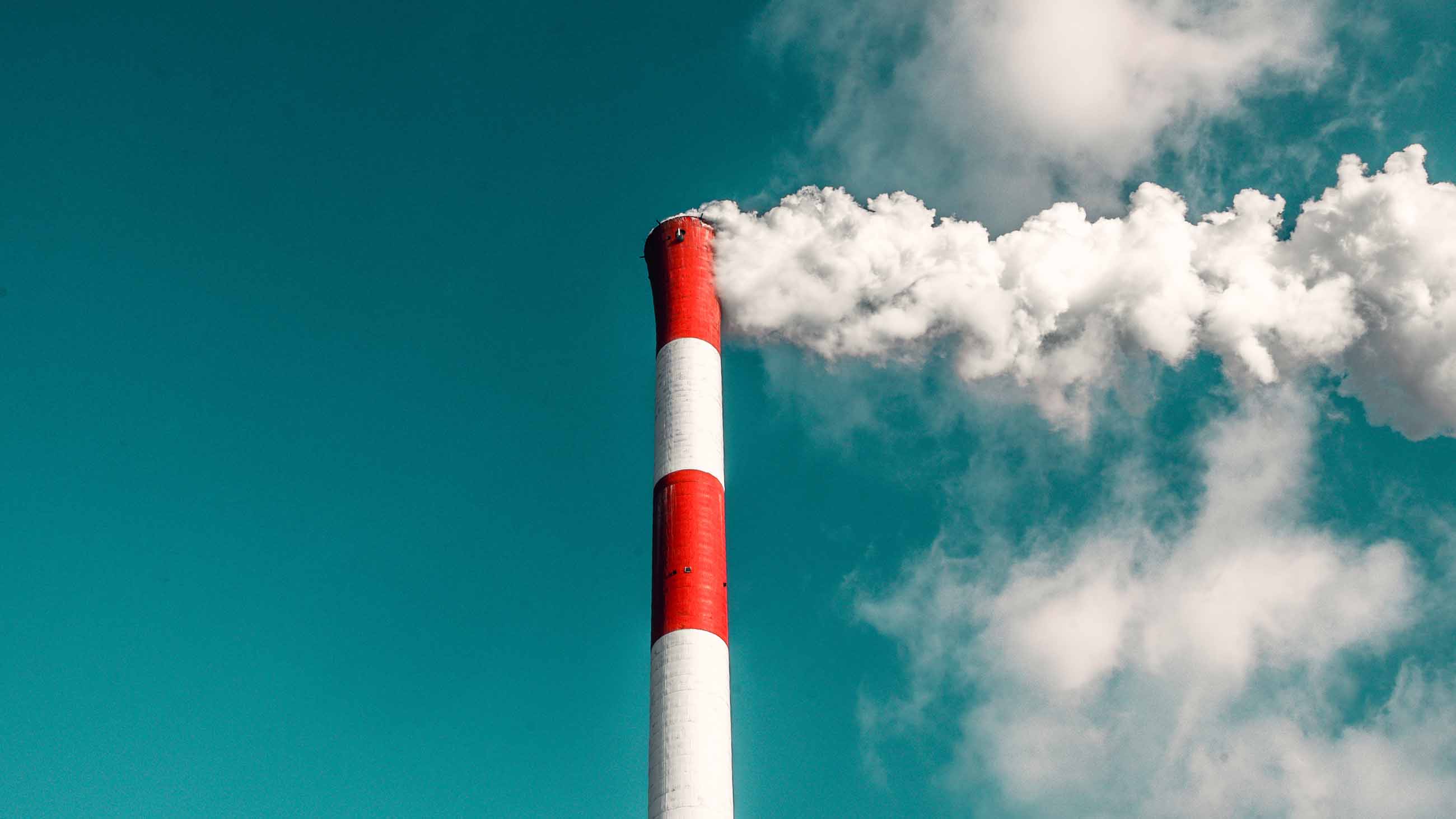GOP Gamble: Avoiding Climate Remedies While Sidestepping the Legal Fallout of Inaction
Having ruled in 2007 that greenhouse gas emissions associated with human activity were air pollutants that could be regulated under the federal Clean Air Act, the Supreme Court directed the Environmental Protection Agency to determine if such pollution was a threat to public health. Two years later, after an exhaustive review of the scientific literature, the agency determined that it was — and that “endangerment finding” became the basis of EPA’s efforts to curb emissions from fossil fuels.
But the administration of Donald J. Trump, however, may be angling to challenge all of that — a move that, while almost entirely uphill, is in line with other Republican efforts to blunt climate policy while sidestepping the potential legal ramifications that come with federal inaction on climate change overall.
Trump has already withdrawn U.S. participation in the global climate treaty reached in Paris in 2015. More recently, EPA administrator Scott Pruitt famously advocated for a so-called “red team/blue team” debate on climate science, which supporters describe as a needed check on the scientific integrity of climate predictions and models. But critics say such debates serve only to elevate minority and fringe opinions about climate change (red team), while making a show of challenging scientific consensus, which has been built on decades of peer-reviewed studies (blue team).
“Almost nothing they would do on climate change would surprise me now because they are habitually ignoring the preponderance of evidence and factual information,” Paul Bledsoe, a climate change adviser under former President Bill Clinton, told Undark. “This is an unprecedented ideological assault on scientific evidence, and they seem to have no qualms about any substantive or political fallout.”
Of course, reversing the endangerment finding would be tough going, given that the Trump administration would have to find a substantial body of scientific evidence suggesting that humans aren’t driving emissions higher, and that a warmer planet doesn’t threaten human health. At the same time, even spearheading such an effort, however doomed, would deliver red meat to a political base that is already highly skeptical of climate change.
As it stands, Pruitt’s team is stocked with a number of former staffers for Jim Inhofe, a prominent climate skeptic and Republican senator from Oklahoma. When asked whether he would support an attempt to reverse the endangerment finding, Inhofe told Undark, “Oh yes, I would, because I disagreed with it at the time.
“That should be looked at,” he added.
For now, there doesn’t appear to be much Congressional appetite to take on the endangerment finding, and Inhofe admitted that he hadn’t talked to other senators about it, nor to Pruitt. Rep. John Shimkus, a Republican from Illinois who chairs the House Energy and Commerce subcommittee that oversees air regulation, told Undark there’s no plan to get into that matter any time soon.
Still, some on the right feel that leaving the endangerment finding in place would expose the EPA to lawsuits demanding climate regulation even if it doesn’t want to pursue any, and outside conservative groups are continuing to press for action aimed at reversing it. The Texas Public Policy Foundation, for example, petitioned the EPA in May challenging the endangerment finding.
Chris Horner, a senior fellow with the conservative Competitive Enterprise Institute, sees many parallels between challenging the endangerment finding and withdrawing from the Paris accord. The Trump administration feared that participating in the global pact would expose the EPA to lawsuits if it wound down climate change efforts like the Clean Power Plan, an Obama-era rule to limit power plant emissions.
“Administrator Pruitt was most perspicacious in acknowledging that Paris posed an increased legal risk, including to the planned revisiting of EPA’s GHG rules,” Horner said in an email. “It’s fair therefore to assume he recognizes the same arguments apply, and even more forcefully, to the endangerment finding.”
Zack Colman, a former fellow at the Knight Science Journalism Program at the Massachusetts Institute of Technology, has written about energy and environment for a variety of publications, including The Atlantic, High Country News, and The Washington Examiner. Most recently he was deputy energy and environment editor with The Christian Science Monitor.











